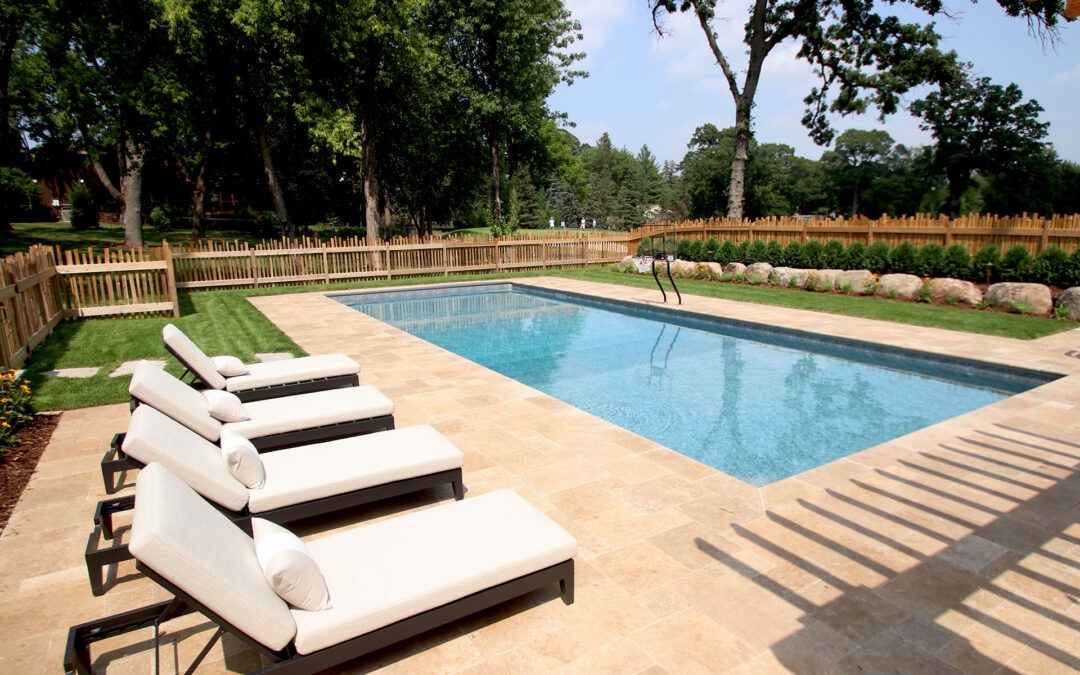Owning a pool is a fantastic luxury that comes with the responsibility of regular maintenance. As the colder months approach, understanding how to close a pool for winter is crucial to keep it safe and in good condition. Winterizing your pool isnt just about covering it up; its a multi-step process that protects your investment and ensures its ready to use next season.
Closing your pool for winter properly can save you from expensive repairs and a lot of hassle when spring rolls around. In this guide, well walk through the essential steps and considerations for effectively closing your pool. Whether you are a seasoned pool owner or new to this experience, this guide is structured to make the process straightforward and easy to follow.

Why Its Important to Close Your Pool
Properly closing your pool is essential for several reasons. During the winter months, pools are subjected to harsh weather conditions. Without adequate protection, your pool can suffer from damage caused by freezing temperatures, debris accumulation, and chemical imbalances. Ensuring your pool is winterized not only extends its lifespan but also maintains the quality of the water.
Step-by-Step Guide to Closing Your Pool
1. Gather Required Materials
Begin by collecting the necessary materials. You’ll need a pool cover, water testing kit, pool chemicals, a pool brush, and winterizing plugs. Having everything ready before starting the process will make it smoother and more efficient.
2. Balance the Pool Water
Test the pH levels, alkalinity, and calcium hardness of your pool water. Balancing these levels helps prevent corrosion and scaling during the winter months. Adjust the chemical levels as necessary to ensure the water is adequately balanced.
3. Shock the Pool
Shocking your pool with a chlorine treatment will eliminate contaminants and bacteria. Be sure to do this step a few days before closing the pool to give the chemicals time to work their magic.
4. Clean the Pool Thoroughly
Before covering your pool, its important to clean it thoroughly. Use a pool brush to scrub away algae or dirt from the walls and floor, and vacuum out debris. This helps maintain the pools cleanliness and prevents unwanted elements from festering over the winter season.
5. Lower the Water Level
Lower the water level in your pool according to the type of cover youll be using. For most pools, an inch below the skimmer is safe and prevents water from freezing and expanding within the pipes.
6. Drain Pool Equipment
Drain pumps, filters, and heaters to avoid damage from freezing. Ensure all water is removed from this equipment, as leftover water can cause significant issues.
7. Add Winterizing Chemicals
Winterizing chemicals are essential in preventing algae growth and maintaining water clarity. Follow the product instructions closely and distribute them evenly.
8. Cover the Pool
Finally, cover your pool with a high-quality cover that fits securely. This protects against debris and keeps the pool insulated. Its crucial to check that the cover is snug and remains in place throughout winter.
Additional Tips for Indoor Pools
If you own an indoor pool, your winter closing routine will be somewhat different. Instead of focusing on protecting against the elements, youll pay more attention to maintaining air quality and humidity levels inside the pool area.
1. Ventilate the Pool Area
Proper ventilation is critical to prevent the buildup of humidity and chlorine gases. Both can damage the pool room over time and affect health.
2. Maintain Temperature
Even though the pool isn’t being used, its important to maintain a stable temperature that aligns with the indoor environment to prevent condensation issues.
Frequently Asked Questions
How often should I check my pool during winter?
Its recommended to inspect your pool cover and the area around your pool every few weeks to ensure everything is secure and functioning correctly.
Can I close my pool without a cover?
While it is possible, using a pool cover is highly advisable to prevent debris and maintain the water temperature, reducing potential cleaning and maintenance costs come spring.
Is winterizing chemicals absolutely necessary?
Yes, they play a vital role in preventing algae and bacteria growth over the dormant winter months.

Conclusion: Get Ready for Next Season
When you know how to close a pool for winter, you help ensure that your pool will be in great shape for next season. Proper winterization not only protects the structural and functional integrity of your pool but also makes the reopening process smoother and less costly. As every pool owner will attest to, taking time now to winterize can save you a significant amount of time and money in the coming months. For further information, you can read about how innovative moisture sensors can prevent long-term pool damage here.
For more tips and expert advice on home improvements related to pools, visit this Investopedia article on what adds value to your home.
This article contains affiliate links. We may earn a commission at no extra cost to you.

